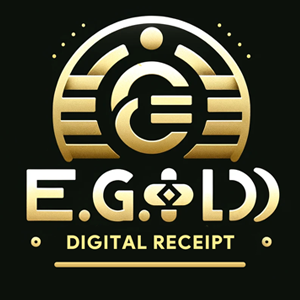Blog
Entering the world of physical gold can feel intimidating: big bars, high prices, storage worries, and the fear of “what if I need to sell some quickly?” The good news in 2025 is that you no longer need $70,000 for a “standard” 1-kilogram bar or even $2,700 for a full ounce. Small gold — 1 gram to 10 gram bars and fractional coins — has become cheaper, more liquid, and more practical than ever.
Here’s why first-time buyers are smarter to start small.
1. Lower Absolute Risk While You Learn
A 1-gram bar or 2.5-gram coin costs roughly $90–$115 at today’s prices. Losing or damaging your first purchase won’t ruin your month. You get to experience:
- Ordering from a real dealer
- Verifying authenticity (weight, ping test, sigma tester)
- Safe storage at home or in a safe-deposit box
- The first sale back to a dealer
…all with pocket-money stakes. Once you’re comfortable, scaling up is easy.
2. Real Divisibility = Real Usability
Large bars are beautiful, but they’re all-or-nothing. Small units are spendable and barterable in almost any scenario people worry about:
- 1 g bars (≈ $90) – everyday emergencies
- 5 g or 10 g bars (≈ $430–$850) – larger payments
- 1/10 oz or 1/4 oz coins – instantly recognized worldwide
In Venezuela (2017–2020) and Lebanon (2020–2024), people routinely used 1 g and 2.5 g bars for groceries, rent, and medical bills when the local currency collapsed. One ounce coins were simply too big.
3. Tighter Spreads Than You Think in 2025
The old rule (“small gold has huge premiums”) is increasingly outdated.
Current retail premiums over spot (Nov 2025):
- 1 oz coin/bar → 2.8–4%
- 10 g bar → 4–6%
- 5 g bar → 6–8%
- 1 g bar (in assay card) → 9–14%
Yes, percentage premiums are higher, but the dollar amount you lose on the spread is tiny:
- 1 oz coin: $75–$110 total spread round-trip
- 1 g bar: $10–$15 total spread
You pay a little more percentage-wise, but you risk far less capital.
4. Best Recognizable Options for Beginners (2025 Ranking)
| Format | Size | Premium | Liquidity | Why Beginners Love It |
|---|---|---|---|---|
| Perth Mint Kangaroo | 1/10 oz | ~6–8% | Excellent | Tiny, gorgeous, trusted mint |
| Canadian MapleGram25 | 1 g (25×1g) | ~10–12% | Very high | Breakable card – ultimate flexibility |
| PAMP Fortuna (assay) | 1 g–10 g | 8–14% | Global | Tamper-proof card, most faked-proof |
| Valcambi CombiBar | 10×1 g | ~11% | High | Snap off one gram at a time |
| Argor-Heraeus / Nadir | 5 g & 10 g | 5–9% | High | Lowest premiums in small size |
| British Britannia | 1/10 oz | ~7% | Excellent | Legal tender, CGT-exempt in UK |
5. Storage and Security Becomes Laughably Easy
- A 50-gram position (≈ $4,300) fits in a matchbox.
- 100 grams fits in your pocket.
- Hide it anywhere a thief won’t look for five minutes.
Compare that to a 1-kilo bar that needs a safe bolted to concrete.
6. Liquidity Is Better Than Ever
Most major dealers and pawn shops now buy back 1 g–10 g pieces at 1–3% below spot — often the same day, no questions. In 2025, platforms like Glint Pay, Kinesis, and VeraCash even let you spend tiny gold units directly with a debit card or transfer gram-for-gram to another user globally.
7. Psychological Wins That Keep You Stacking
Buying a full ounce feels great once a year. Buying a 5-gram bar every paycheck feels like a video game — you watch the pile grow visibly. Behavioral studies show people who buy small, frequently end up owning 2–4× more gold after five years than “big purchase” buyers.
Simple First-Time Buyer Plan (2025)
- Buy your first 10 grams total (mix of 1 g and 5 g in assay) → under $1,000
- Test storage, test selling 1–2 grams back to the dealer
- Set a monthly auto-buy of 3–10 grams (many dealers offer 0% premium plans)
- After 50–100 grams, graduate to 1 oz coins or 50–100 g bars for lower cost
Final Verdict
Big bars are for veterans who already trust the system they built. Small gold is for everyone starting today — lower risk, real-world usability, easy storage, and the fastest way to turn knowledge into confidence.
In an uncertain world, the smartest way to own your first gold is the way you can actually hold in one hand without stress.
Start small. Stack often. Sleep better.
NOTE
This Content is the copyrighted content of EE.GOLD. All rights are reserved. You are welcome to share or use our content only by including direct links to our website. Any other form of reproduction, distribution, or use without proper attribution is strictly prohibited.
This Content is intended solely for educational purposes. The information provided does not constitute financial or investment advice.
Please note that Digital Storage Receipt, Secure Storage Solutions, and Physical Gold Sales are the only services offered by EE.GOLD.
We strictly adhere to government regulations and are firmly against all illegal financial or investment activities globally.
For further inquiries, feel free to contact us through our official channels.
For decades, gold has been the ultimate “safe-haven” asset in the eyes of central banks. In the last five years, however, a quiet but dramatic shift has occurred: central banks have become aggressive net buyers of physical gold while a growing segment of cryptocurrency investors has begun to treat gold—yes, actual physical or tokenized gold—as a core portfolio holding rather than the antiquated relic many once dismissed.
The contrast between these two worldviews is revealing. One group is doubling down on a 5,000-year-old monetary asset; the other is embracing the same asset but through 21st-century lenses (tokenization, on-chain transparency, and Bitcoin-style scarcity narratives). The convergence is one of the most under-appreciated stories in markets today.
Central Banks: Gold Is Back to Being Tier-1 Money
Since the 2008 financial crisis—and accelerating after 2022—central banks have purchased more gold than at any time since the collapse of Bretton Woods. The World Gold Council reports that central banks bought a record 1,136 tonnes in 2022, another 1,082 tonnes in 2023, and roughly 900–1,000 tonnes annually in 2024–2025. Emerging-market institutions (China, India, Turkey, Poland, Singapore, and others) account for nearly all of the demand.
Why now?
- De-dollarization hedge With roughly 59% of global reserves still in USD (down from 71% in 2000), many countries view U.S. financial sanctions (Russia 2022 being the watershed moment) as proof that dollar-denominated assets can be frozen overnight. Gold cannot.
- No counterparty risk Unlike U.S. Treasuries, euros, or even IMF SDRs, physical gold has no issuer that can default or debase it.
- Return-free risk reduction In an era of negative real yields on government bonds, gold’s 0% nominal yield is no longer a disadvantage. It is now competitive with (or superior to) many “risk-free” assets.
- Long-term monetary reset expectations Senior officials in China, Russia, and parts of the BRICS bloc have openly discussed a future where gold plays a larger settlement or reference role in international trade. Whether that materializes or not, the insurance policy is being bought today.
In short, central banks view gold the way they always have when trust in the prevailing monetary order frays: as the ultimate neutral, apolitical store of value.
Crypto Investors: Gold Is the New “Digital Gold” (But Actually Gold)
For most of Bitcoin’s existence, “digital gold” was a marketing slogan used to describe BTC itself. Gold was the slow, boomer, analog asset that Bitcoin was going to obsolete.
Something changed around 2023–2025.
- Institutional Bitcoin ETFs brought in traditional allocators who were comfortable with gold but skeptical of pure crypto.
- Stablecoin issuers (Tether, Circle, Paxos, etc.) began backing portions of their reserves with gold or gold receivables.
- Tokenized gold products (PAXG, Tether Gold, Meld Gold, Cache Gold, Commerzbank’s blockchain gold, etc.) crossed $2 billion in market cap and started trading at virtually zero tracking error to spot.
- On-chain data started showing Bitcoin maximalists rotating 2–10% of holdings into tokenized gold during periods of macro uncertainty (2022 bear market, 2025 tariff war fears).
The intellectual shift is subtle but profound:
Scarcity convergence Bitcoin’s 21 million hard cap is often compared to gold’s ~212,000 tonnes above-ground stock. Once Bitcoin’s stock-to-flow flipped gold in 2020–2021, many crypto natives realized gold’s supply inflation is actually lower than previously believed (1.2–1.5% net of recycling vs. Bitcoin’s current ~0.9% post-2024 halving). The “digital gold” narrative started feeling like a two-way street.
Tokenized gold solves the custody and divisibility problems Crypto investors hate trusting third-party custodians, but they now have fully reserved, redeemable, on-chain gold they can hold in the same wallet as their BTC and ETH. For the first time, gold is as liquid, divisible, and portable as crypto.
Portfolio construction 2.0 The classic 60/40 stock-bond portfolio is dead to most crypto investors. The emerging replacement is something closer to:
- 50–70% Bitcoin (growth + monetary premium)
- 20–40% Ethereum + L1s (tech equity analogue)
- 10–20% tokenized gold (non-sovereign hard money with zero duration risk)
Gold is no longer the enemy of crypto; it is the ballast.
Narrative upgrade Influential voices (Lyn Alden, Luke Gromen, Raoul Pal, and even some Bitcoin podcasters) now argue that the sound-money trade is a basket: Bitcoin for upside convexity, gold for deep liquidity and 5,000 years of history. The two assets are complementary, not competitive.
The Irony
Central banks are buying vaulted physical bars in London, Zurich, and Singapore because they do not trust the digital financial system.
Crypto investors are buying digital claims on the exact same bars because they finally trust that the underlying asset is incorruptible—and that blockchain wrappers solve gold’s historical friction problems.
Both camps have arrived at the same conclusion from opposite directions: in a world of currency debasement, weaponized finance, and persistent inflation risk, unencumbered, scarce, neutral assets are essential.
Gold is no longer just “boomer rocks.” It is the only asset that central bankers and crypto natives are both rushing into at the same time—for different reasons, using different tools, but with the same underlying conviction.
That convergence is one of the most important macro trends of the 2020s.
NOTE
This Content is the copyrighted content of EE.GOLD. All rights are reserved. You are welcome to share or use our content only by including direct links to our website. Any other form of reproduction, distribution, or use without proper attribution is strictly prohibited.
This Content is intended solely for educational purposes. The information provided does not constitute financial or investment advice.
Please note that Digital Storage Receipt, Secure Storage Solutions, and Physical Gold Sales are the only services offered by EE.GOLD.
We strictly adhere to government regulations and are firmly against all illegal financial or investment activities globally.
For further inquiries, feel free to contact us through our official channels.

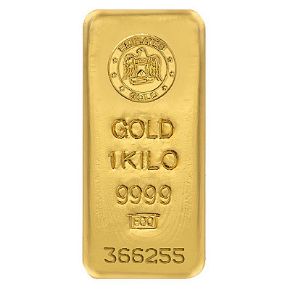
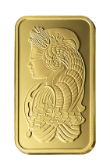

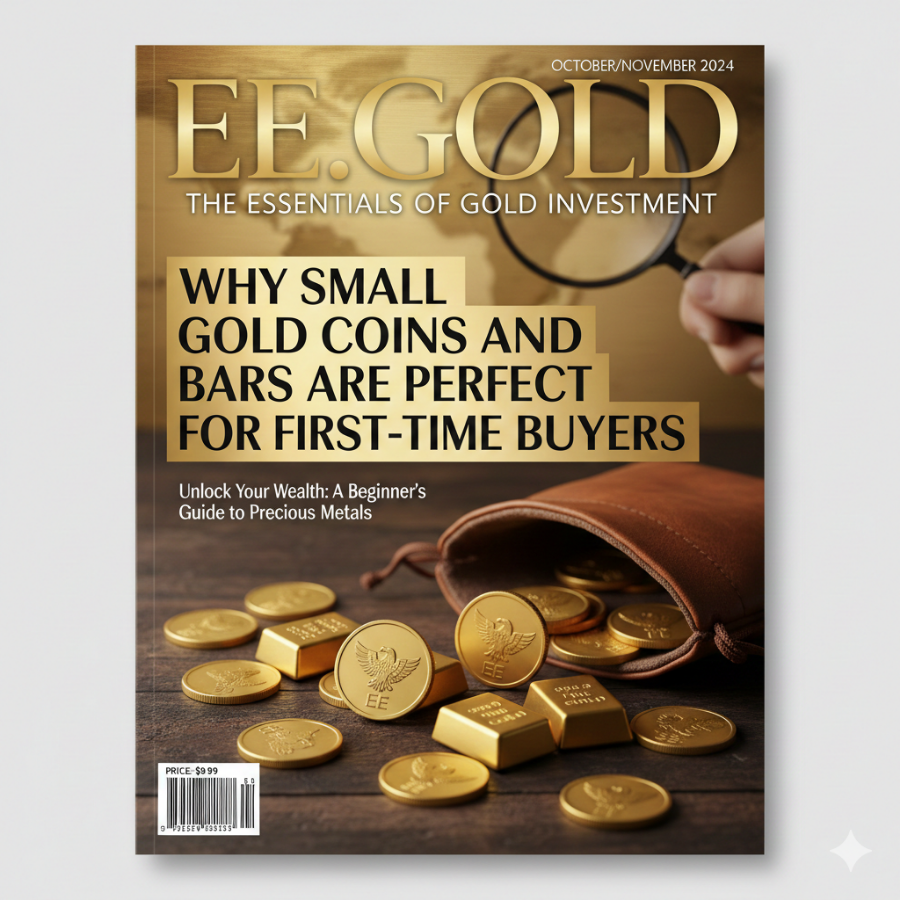

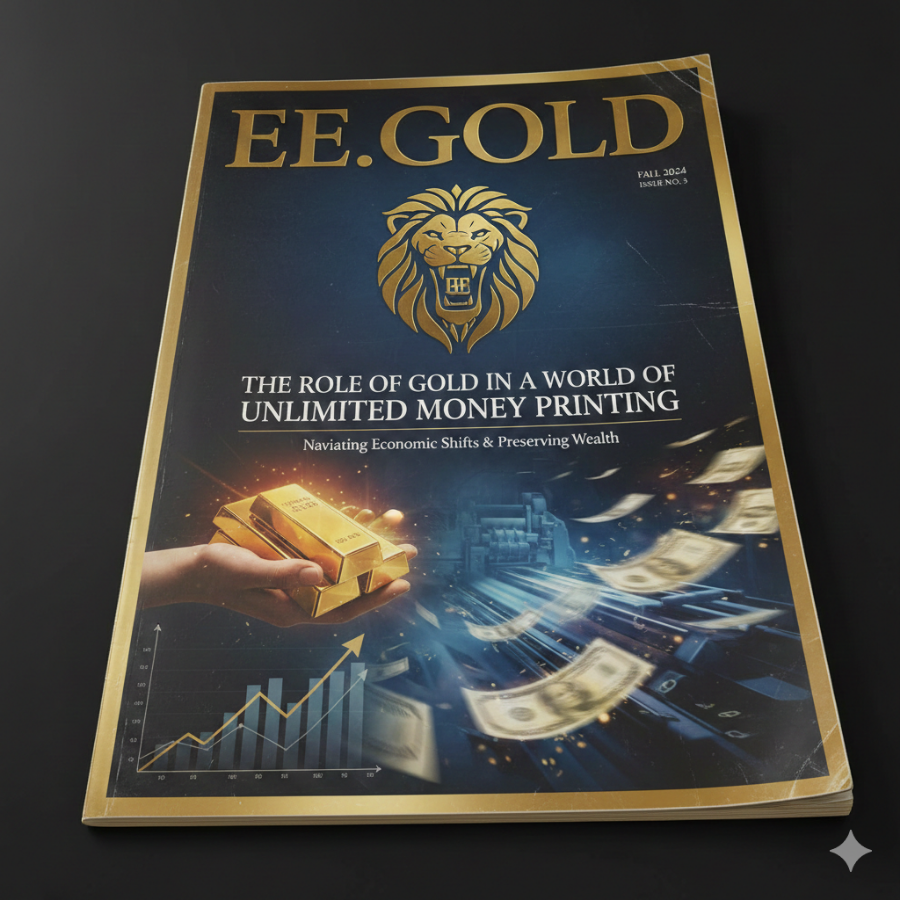
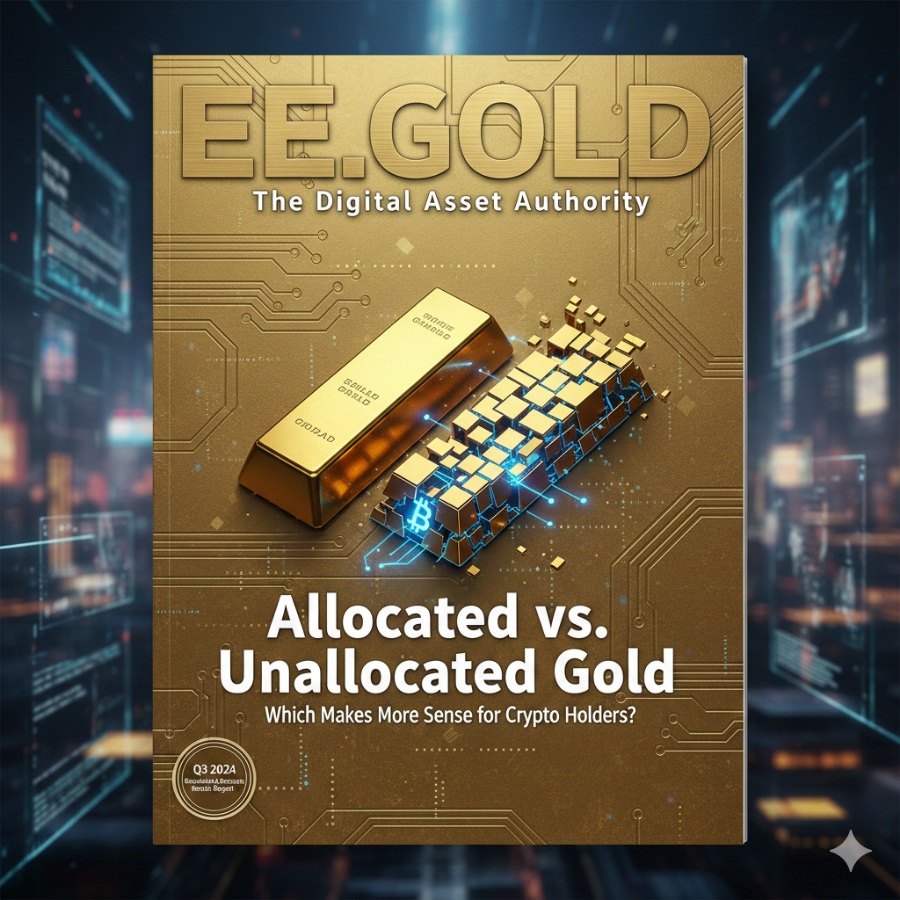

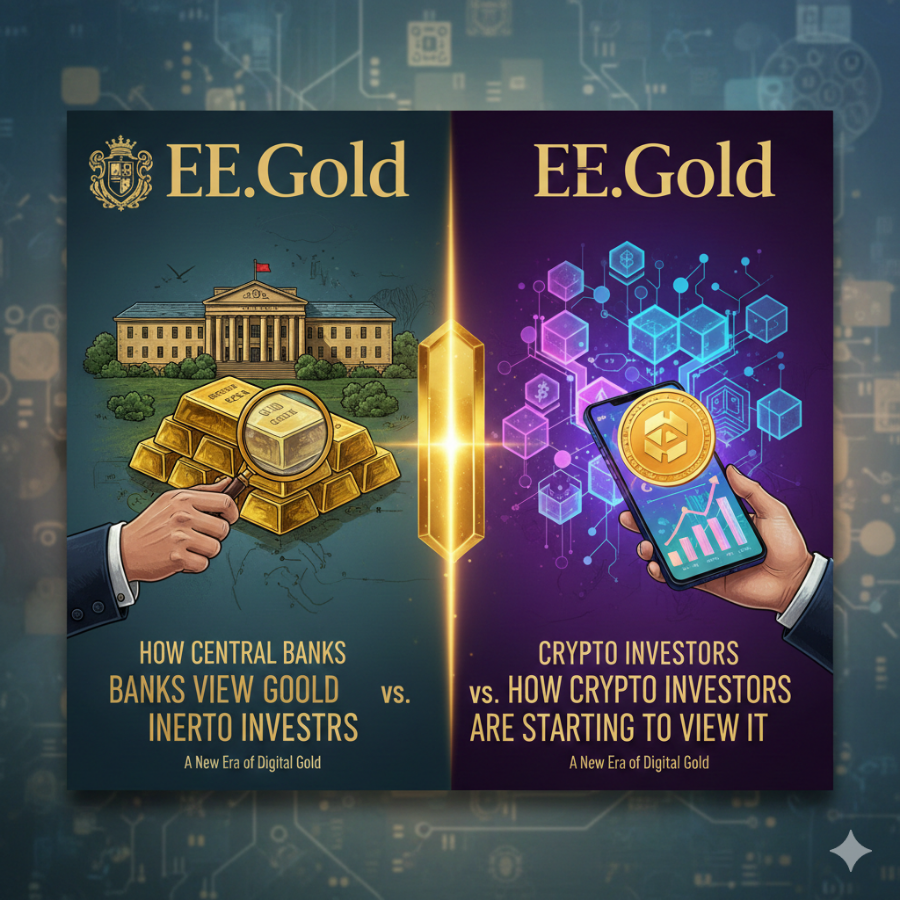
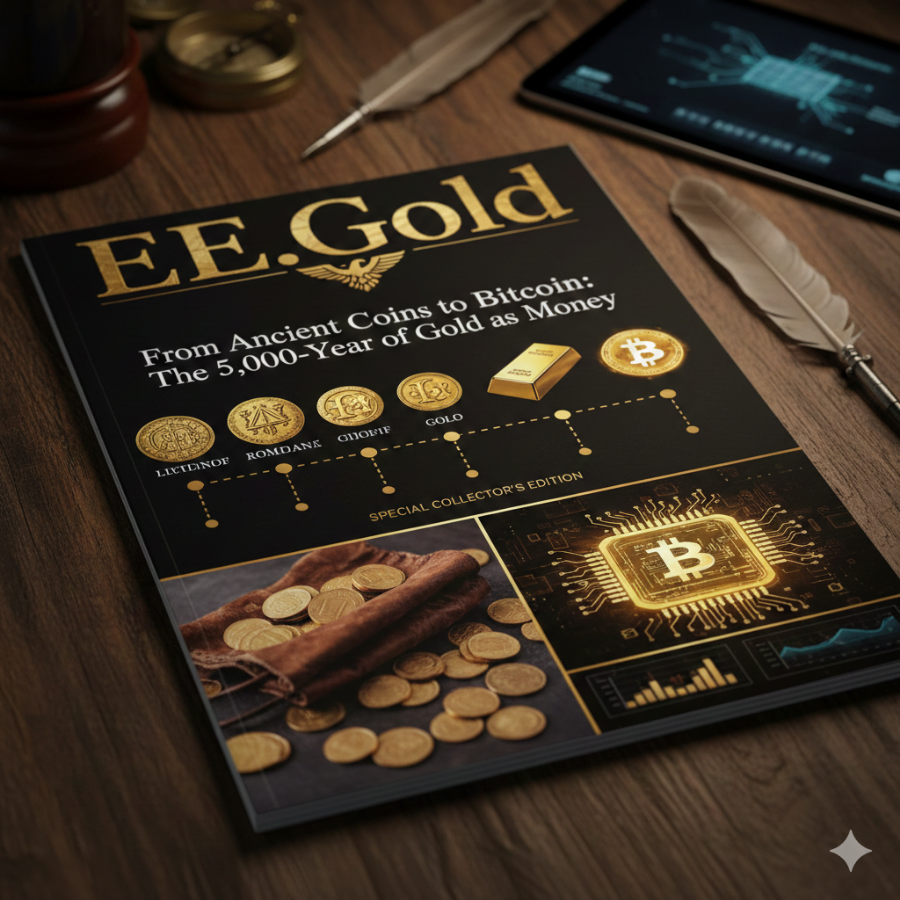
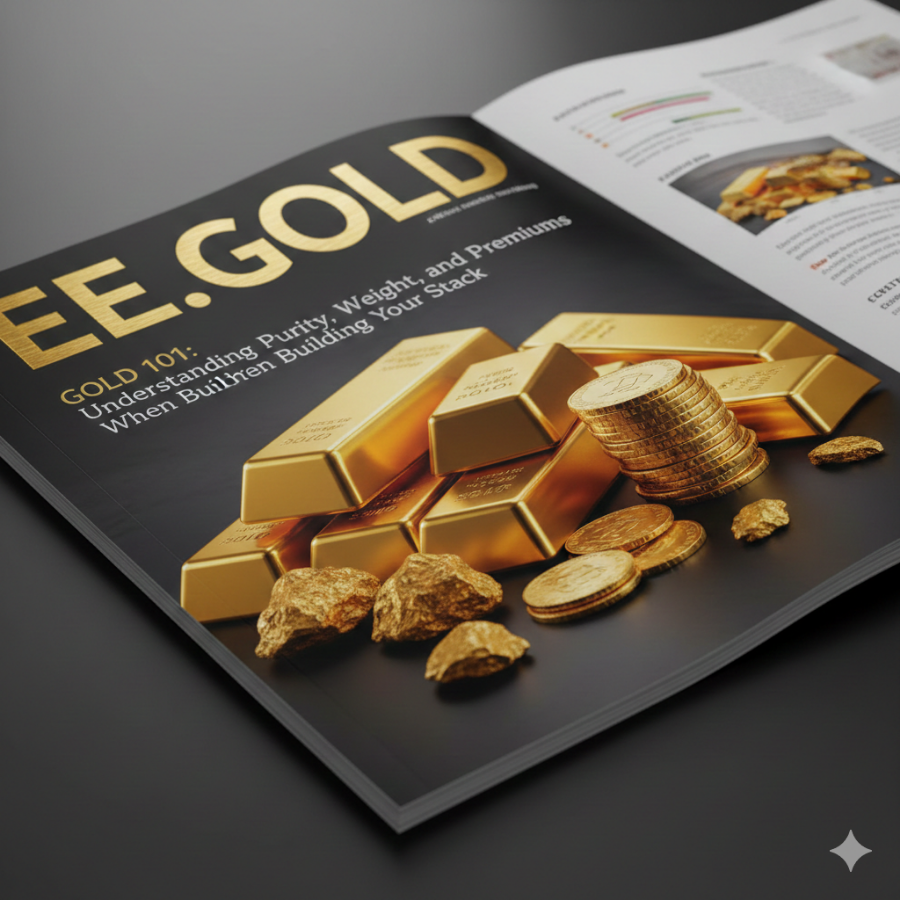
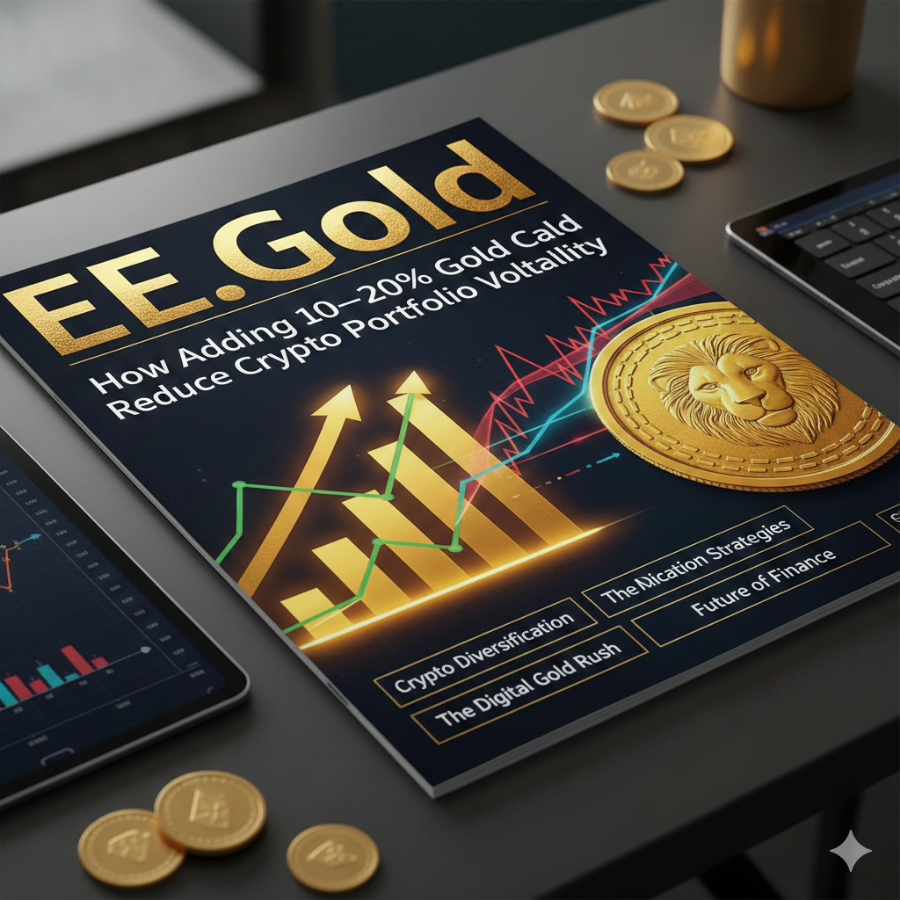



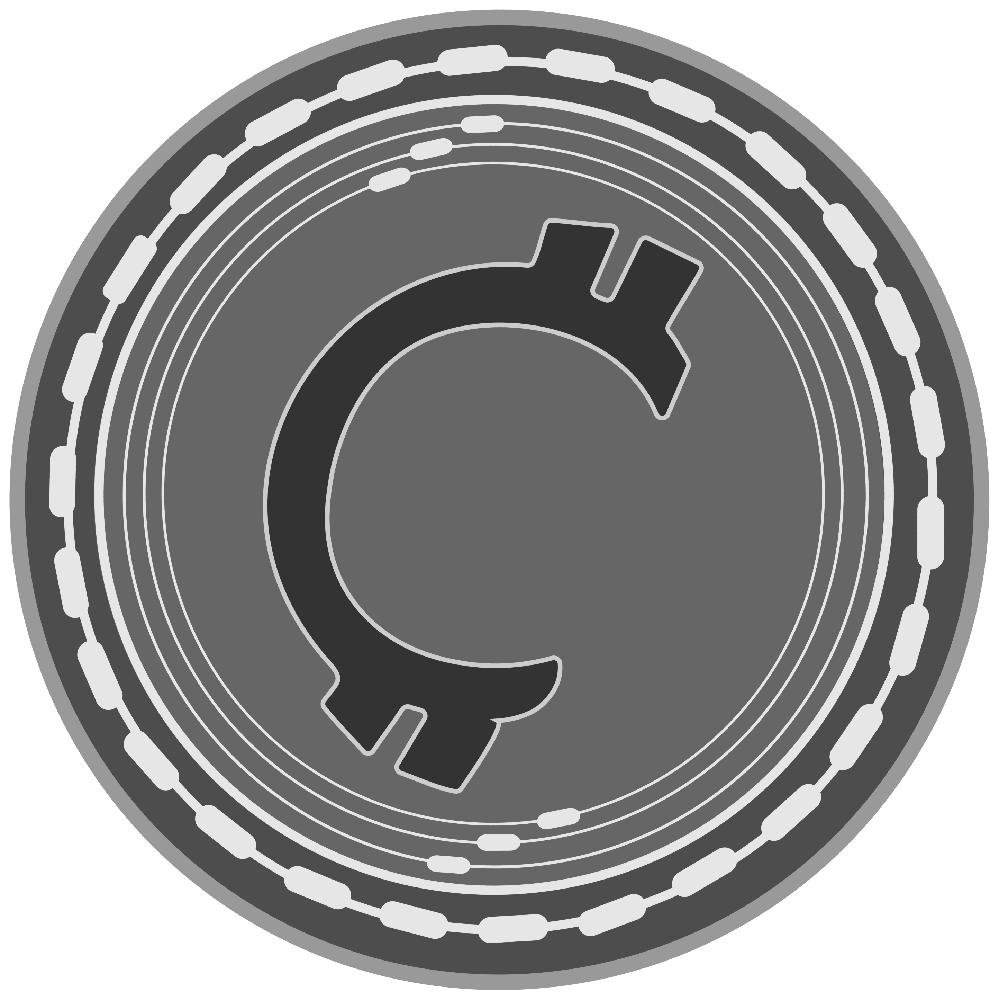
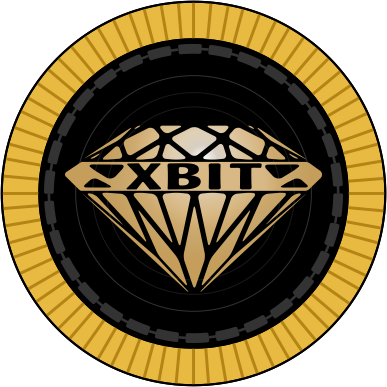
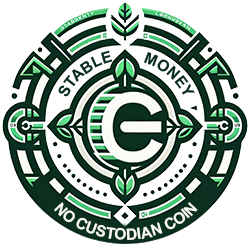

.png)

